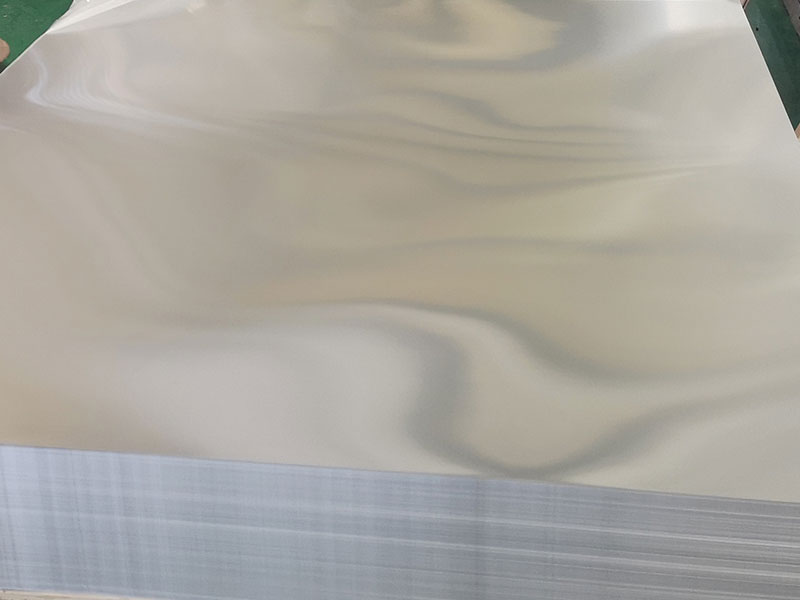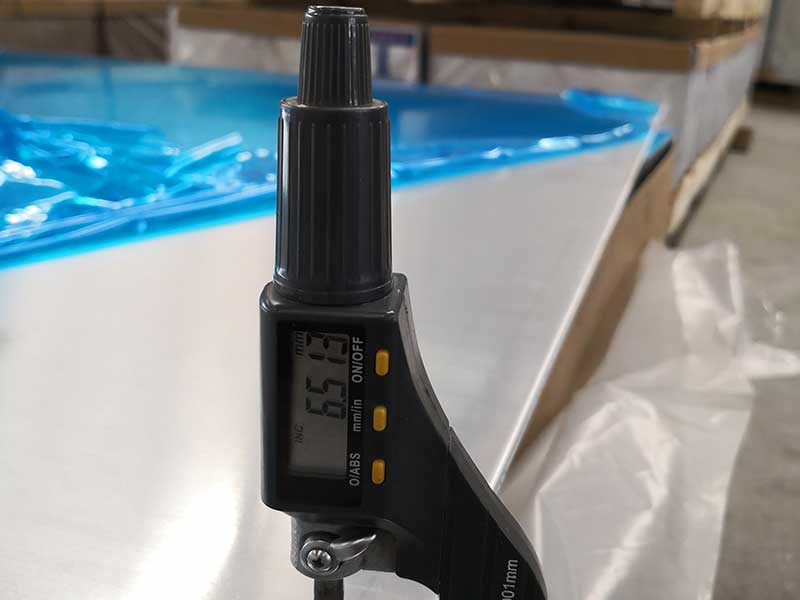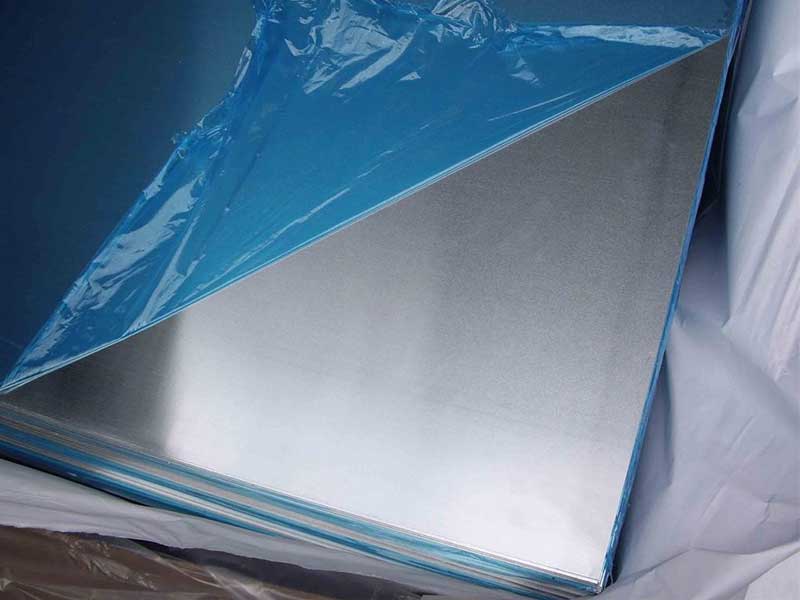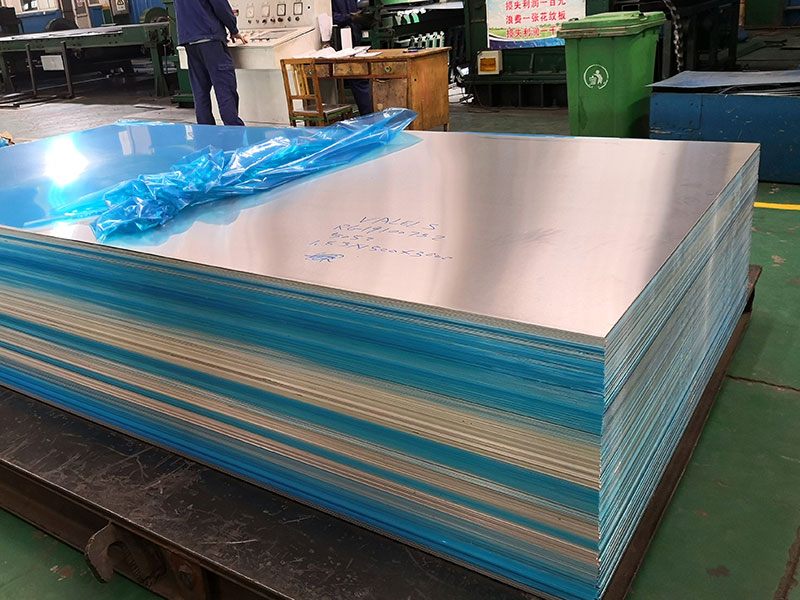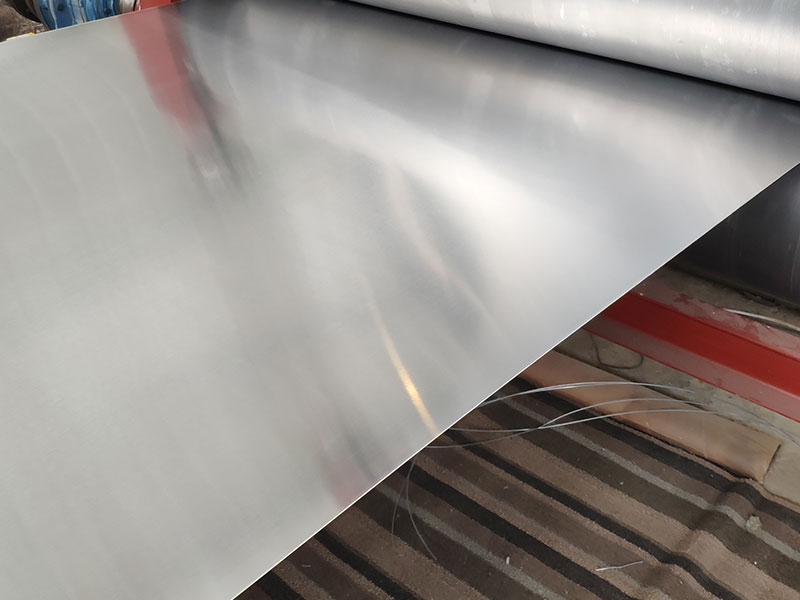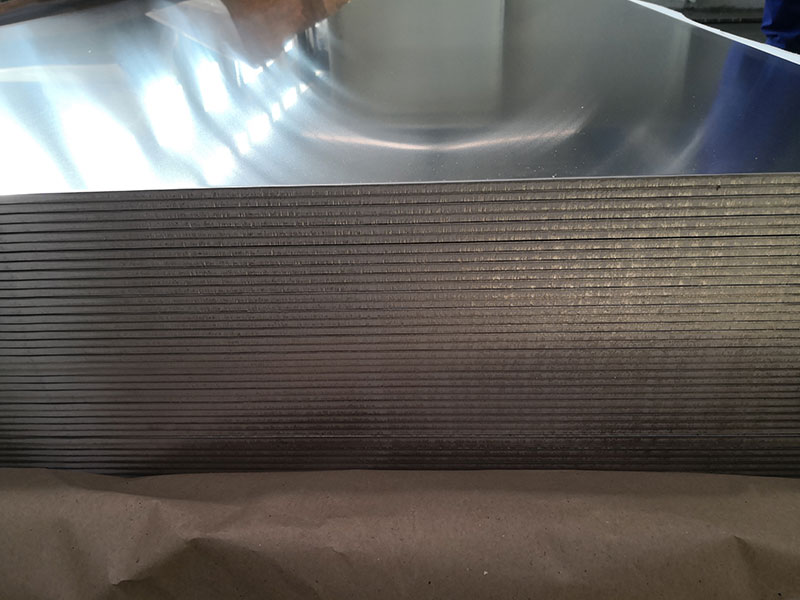Anodized aluminum sheet bright finish 1100 1050 1060 1070
Anodized aluminum sheets are essential materials in various industries due to their anti-corrosive properties, aesthetic appearance, and excellent electrical conductivity. Among the available grades, the 1100, 1050, 1060, and 1070 alloys is know because of their unique characteristics and suitability for diverse applications. The bright finish achieved through anodization further enhances their appeal, making them popular in both functional and decorative applications.
Why Choose Anodized Aluminum Sheets?
Anodizing is an electrochemical process that transforms the aluminum surface, providing resilience, resistance to wear, and aesthetic appeal. Bright finish anodized aluminum sheets, specifically the 1100, 1050, 1060, and 1070 grades, exhibit several benefits, such as:
- Increased Durability: The anodized layer protects against corrosion and damage.
- Aesthetic Value: The bright surface finish is visually appealing, enhancing the look of final products.
- Improved Electrical Conductivity: Ideal for electrical applications where conductivity is a must.
- Lightweight: Aluminum sheets are easier to handle without compromising structure and integrity.
- Easily Fabricated: Capable of being cut, formed, and machined to developmental requirements.
Each aluminum alloy grade mentioned has specific attributes. Below is a brief comparison of their application and mechanical properties.
| Alloy | Primary Features | Typical Applications |
|---|---|---|
| 1100 | Excellent corrosion resistance, high workability v | Food and beverage sectors, chemical handling |
| 1050 | High thermal and electrical conductivity, low density | Electrical conductivity applications, heat exchangers |
| 1060 | High strength, exceptional corrosion resistance | Architectural elements, decorative designs |
| 1070 | High purity, exceptional machinability | Transformers, specific industrial applications |
Technical Specification Details
1. Chemical Composition
| Alloy | Aluminum (Al) | Copper (Cu) | Iron (Fe) | Manganese (Mn) | Magnesium (Mg) | Silicon (Si) | Zinc (Zn) | Others |
|---|---|---|---|---|---|---|---|---|
| 1100 | 99.00% min | 0.05% max | 0.95% max | 0.05% - 0.20% | 0.05% max | 0.25% max | 0.10% max | - |
| 1050 | 99.50% min | 0.001% max | 0.40% max | 0.05% max | 0.05$ max | 0.25% max | 0.02% max | - |
| 1060 | 99.60% min | 0.004% max | 0.40% max | 0.05% max | 0.05% max | 0.25% max | 0.02% max | - |
| 1070 | 99.70% min | 0.005% max | 0.35% max | 0.05% max | 0.05% max | 0.20% max | 0.10% max | - |
2. Mechanical Properties
| Alloy | Yield Strength (MPa) | Tensile Strength (MPa) | Elongation (%) | Hardness (HB) |
|---|---|---|---|---|
| 1100 | 110 | 135 | 25 | 28 |
| 1050 | 90 | 110 | 20 | 25 |
| 1060 | 135 | 155 | 15 | 30 |
| 1070 | 140 | 165 | 15 | 32 |
3. Standards and Certifications
Anodized aluminum sheets must adhere to various international standards to ensure dimensional accuracy, surface quality, and overall integrity. Common standards for these materials include:
- ASTM B491: Standard Specification for Aluminum-Alloy Wrought Sheet and Plate for Anodizing
- ASTM B244: Standard Test Method for Measuring Anodic Film Thickness
Applications of Bright Finish Anodized Aluminum Sheets
Anodized aluminum sheets, particularly alloy grades 1100, 1050, 1060, and 1070, find applications across numerous industries with varying needs:
- Architecture: Siding, cladding, window frames, and roofing due to lightweight, formability, and aesthetic properties.
- Electronics/Lighting: Housing and fixtures, where high conductivity, ease of forming, and corrosion resistance are advantageous.
- Transportation: Used in automotive and aerospace components requiring both durability and weight efficiency.
- Consumer Goods: Used in kitchen and appliance navigation requiring durability and aesthetic appeal.
https://www.aluminumplate.net/a/anodized-aluminum-sheet-bright-finish-1100-1050-1060-1070.html


